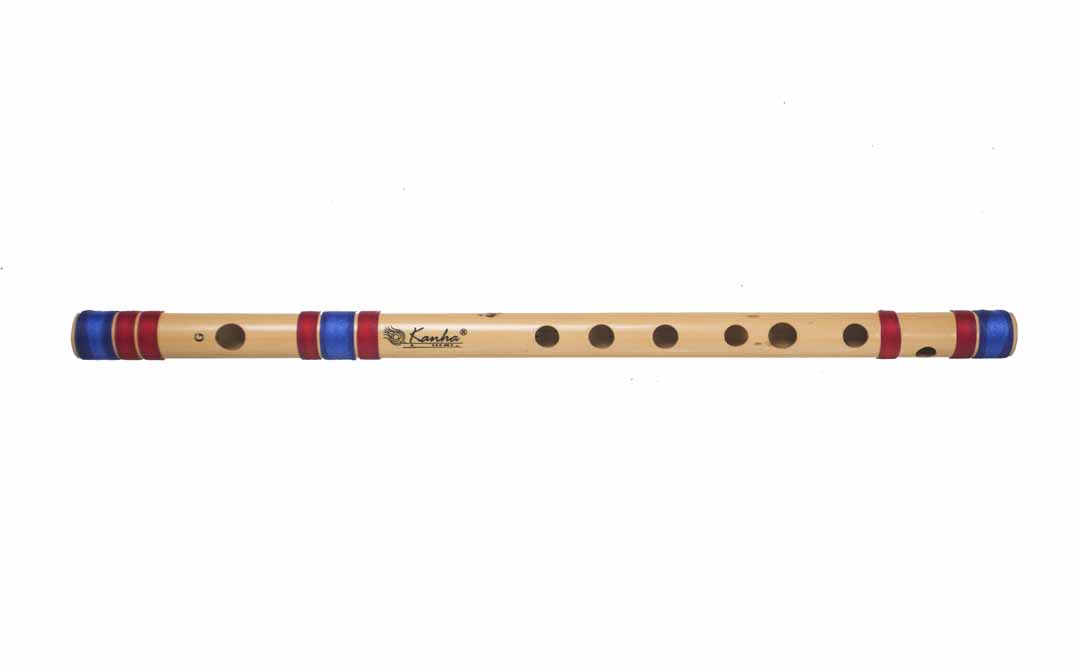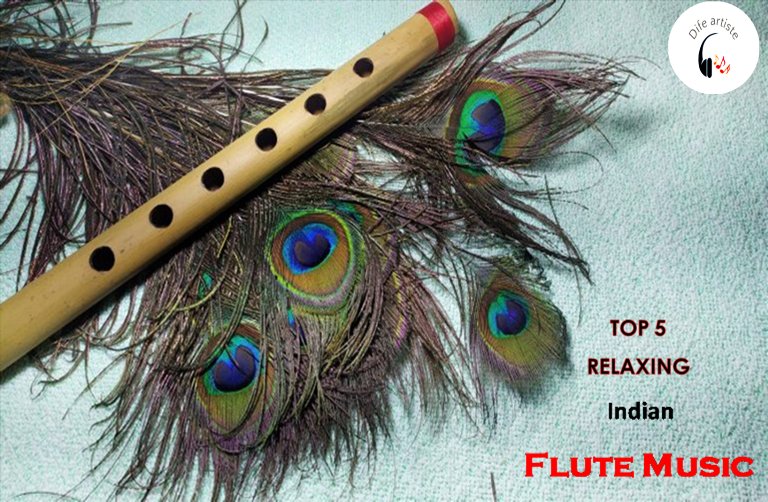

Ram eventually found his way to the American South and the bittersweet sound of George Gershwin's "Summertime." It was a song he had heard on one of his brother's LP's growing up. "The sound itself was just, you know, as a kid growing up, any kind of music, I mean even marching bands, I would get goose pimples when I listened to them." Ram says he played this homemade flute for a year and a half before he had his first formal lesson. And he found a drill, and he arbitrarily just drilled 6 holes in the drainpipe. "I remember my brother making me my first flute from a drainpipe, you know, a heavy steel pipe. Thanks to his older brother's jazz LP collection, his home had a mix of Bollywood, Ravi Shankar and Ella Fitzgerald. Songs like John Coltrane's love song "Naima" - which Ram covers on Steps - were the type of music the young South African listened to growing up. everybody who heard this, including the animals and the cows, forgot their own individual identities and found themselves running towards the sound, which is the ultimate truth or reality." "The symbolism of the flute is that when Lord Krishna played his flute. The bansuri has a special place in Indian culture because of its connection with the Hindu god Krishna, Ram says in an interview with NPR's Renee Montagne.


But his newest record, Steps, is a departure: He's playing classic American jazz on one of India's most traditional instruments.
#BANSURI FLUTE MUSIC SERIES#
Ram eventually became a master of the bansuri and has recorded a series of albums of North Indian classical music. That's partly how Deepak Ram - who was raised in one of the townships reserved for people of Indian descent - learned to play a bamboo flute known as the bansuri. Under apartheid, even music was segregated. Deepak Ram is a master of the Indian bamboo flute known as the bansuri.Įven on the toughest township streets of South Africa, one could always hear a lively beat and a soulful song.


 0 kommentar(er)
0 kommentar(er)
